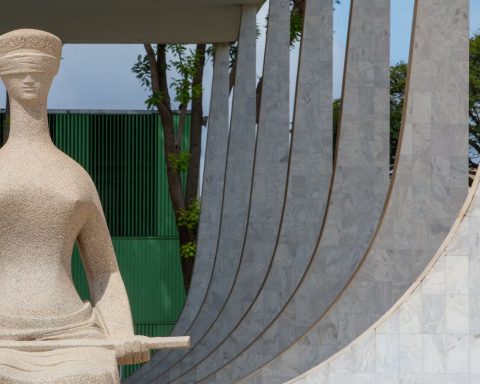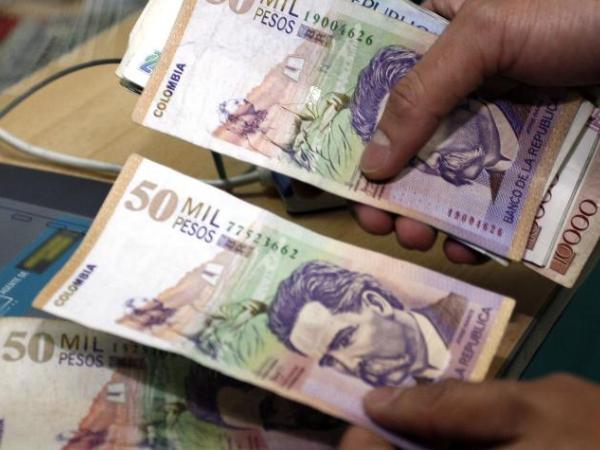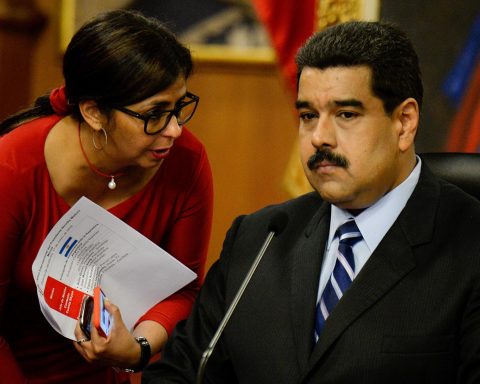The absence of salary readjustments, the lack of public tenders and the postponement of precatories contributed to bring down spending on civil servants in 2022. Real expenditures on active and inactive federal civil servants ended the first semester at the lowest level in 14 years.
The data were compiled by Brazil Agency based on National Treasury statistics. From January to June, the Federal Executive Branch disbursed R$ 157.477 billion to pay salaries, pensions and judicial sentences for civil servants, in values updated by the Broad National Consumer Price Index (IPCA).
The amount is the lowest for the first semester since 2008, when it was R$ 139.733 billion, also in inflation-adjusted values.
When updating spending by the IPCA, the record in spending on civil servants in the first half was recorded in 2019, when expenses reached R$ 186.213 billion. Since then, spending has dropped 15.43% in real terms (discounting inflation).
freezing
Several factors contributed to the fall in expenditure on civil servants. The main one was the freezing of the civil service salary that took effect between June 2020 and December 2021. The measure was approved by the National Congress in exchange for the aid package to states and municipalities affected by the covid-19 pandemic.
Despite promises and strikes by various categories of civil servants, the government did not grant readjustments in 2022. Originally, the 2022 Budget had earmarked BRL 1.7 billion for readjustments to federal security forces and health agents. At the end of April, the economic team reported that it was studying a linear increase in 5% for all staff.
However, in early June, the Minister of Economy, Paulo Guedes, ruled out granting readjustments in 2022. Because of electoral law restrictions, the government could grant above-inflation readjustments until April 2, six months before the elections.
The Fiscal Responsibility Law authorizes inflation to be reset until the end of June. However, the bill should have been sent by mid-May to be voted on in time by Congress.
e-government
The failure to hold public tenders to replace civil servants who retired or died also contributed to the fall in spending on the federal civil service. The number of active servers fell from 630,700 in December 2018 to 570,300 in July this year, according to the Statistical Panel of Personnel of the Ministry of Economy.
The Special Secretariat for Debureaucratization, Management and Digital Government of the Ministry of Economy informs that the expansion of the electronic offer of services in the Portal Gov.br compensated for the drop in staff. According to the agency, the tool, which offers almost 4,900 public services over the internet, allowed the displacement of servers from operational and bureaucratic functions to activities related to management or inspection, which eliminates the replacement of mid-level positions or that have become obsolete.
precatory
In addition to the wage freeze in a scenario of high inflation and the absence of public tenders, another factor began to help reduce spending on civil servants. The constitutional amendment that allowed the installment of great value precatory transferred to other spent years that would run in 2022.
Government debts definitively recognized by the Courts, the precatories above 60 minimum wages, began to be paid in installments until 2026. The same occurred with the debts of the former Fund for the Maintenance and Development of Elementary Education and for the Valorization of Teaching (Fundef), which started to be paid in three installments, one each year.
According to the National Treasury, the constitutional amendment reduced by R$ 9.82 billion the Union’s expenses with precatories in the first half of the year. In values adjusted for inflation, the fall reaches R$ 11.22 billion. Of this total, R$ 7.4 billion corresponded to precatories related to the federal civil service.
reviews
The drop in the number of servers is criticized by the entities that represent the civil service. In a public hearing at the Chamber of Deputies in May, the director of the Confederation of Workers in the Federal Public Service (Condsef) Pedro Armengol says that freezing wages and not replacing civil servants worsens the quality of public service.
“Decisions have been unilateral. [de reivindicações] of public servants is not merely corporate. It reflects the concern of workers in the sector with the minimum conditions necessary to meet the demands of the population and, therefore, ensure essential rights for Brazilians,” she declared.
Among the problems cited by the representative of Condsef, are the extinction of bodies, the precariousness of salaries, the non-recomposition of the workforce, the precariousness of working conditions and relations and the lack of dialogue with the government.


















